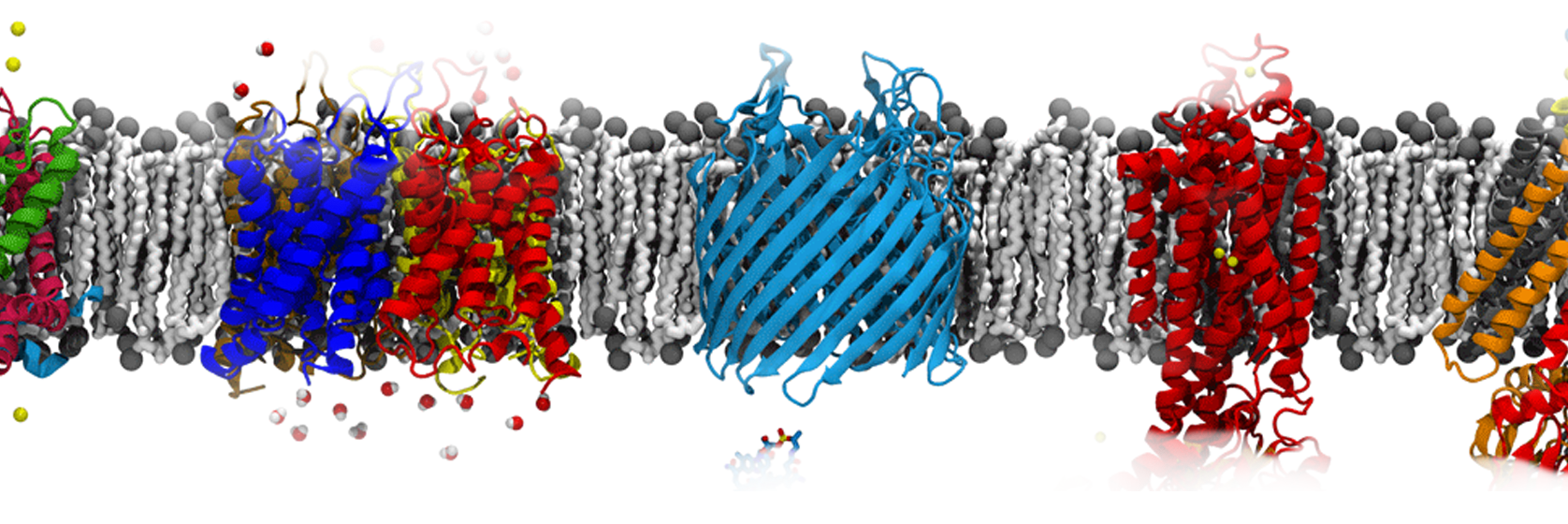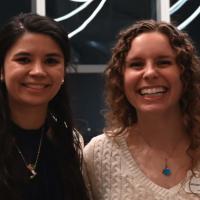Welcome to QBioS. The Interdisciplinary Graduate Program in Quantitative Biosciences (QBioS) at Georgia Tech was established in 2015, with our inaugural class of Ph.D. students joining us in Fall 2016. In fall 2025, we welcome our tenth cohort, with 48 active Ph.D. students and 27 alumni. QBioS has 60 participating program faculty representing six participating Schools within the College of Sciences. We welcome applications from students interested in innovative research on living systems building upon a foundation of rigorous and flexible training. The QBioS program will prepare a new generation of researchers for quantitative challenges, new discoveries, and fulfilling careers at the interface of the physical, mathematical, computational and biological sciences. Apply by December 1, 2025 to join the class of students entering the QBioS Ph.D. program in August 2026.
Welcome
News and Events

When Postdoctoral Research Fellow Hannah Youngblood’s work on exfoliation glaucoma (XFG) was featured by the BrightFocus Foundation, it caught the attention of Jennifer Rucker, an Alabama resident who was diagnosed with XFG several years ago. What followed was a meaningful dialogue and a shared sense of purpose — and the…
This year, the QBioS Graduate Program welcomed our 10th cohort of PhD students.

With more than 60 presentations and recognition for neuroscience outreach and AI research, Georgia Tech demonstrated its growing impact at the 2025 Society for Neuroscience’s annual meeting.
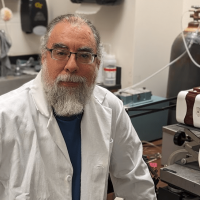
Physics Professor Flavio Fenton has been named a Bill Kent Family Foundation AI in Higher Education Faculty Fellow. The fellowship supports faculty projects that explore innovative, ethical, and impactful uses of AI in teaching and learning.
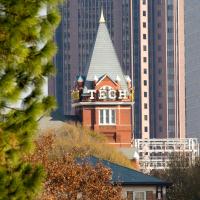
The AI4Science Center's seed grant aims to support the development of research projects centered on innovation and collaboration.
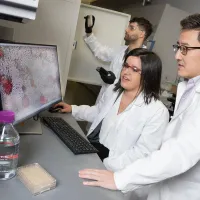
Georgia Institute of Technology has been ranked 7th in the world in the 2026 Times Higher Education Interdisciplinary Science Rankings, in association with Schmidt Science Fellows. This designation underscores Georgia Tech’s leadership in…
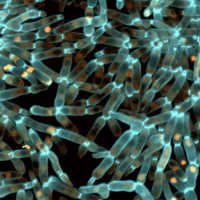
The grant will enable research into the origin of complex life.

